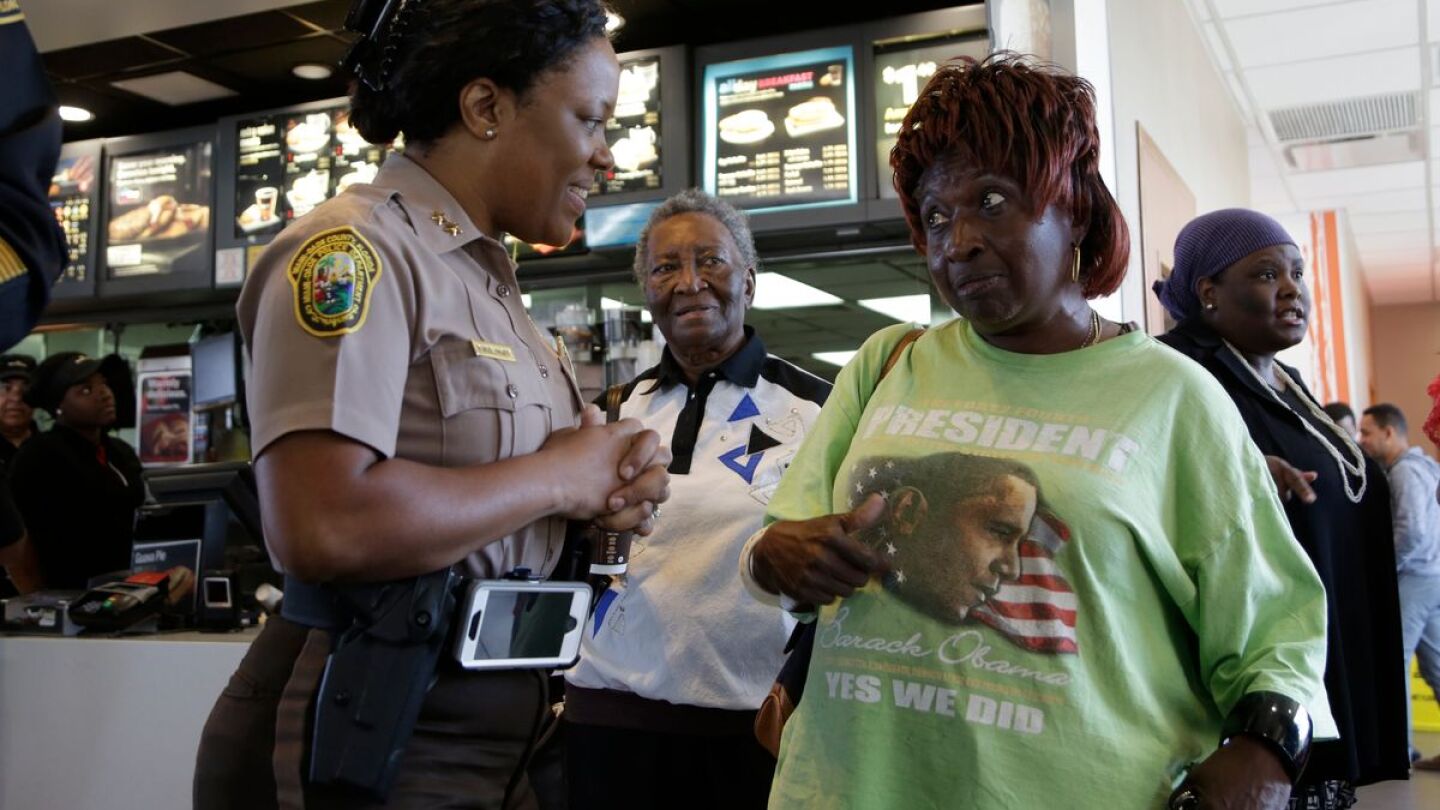Lexipol
Lexipol provides fully developed, state-specific law enforcement policies researched and written by subject matter experts and vetted by attorneys. Our policies are based on nationwide standards and best practices while also incorporating state and federal laws and regulations where appropriate. Best of all, we keep your policies updated for you, saving you time and money.
With Lexipol, you will enhance personnel accountability, reduce liability, save time and money on policy management AND rest easy knowing your department is protected.
Court upheld a 15-year sentence after ruling a defendant who claimed he was “saving” minors targeted in a child sex sting
Agencies prize training, yet many officers view college degrees as unnecessary. Breaking that mindset is key to advancing professionalism and reshaping police culture
In U.S. v. Glover, the D.C. Circuit ruled ambiguous references to “warrants” may have led to involuntary consent for a home search
Even though the appellate court held the subject was not seized, the court noted that the troopers had reasonable suspicion to detain her on suspicion of drug trafficking
Court rules that troopers had independent lawful bases to stop a defendant for a traffic violation and investigate drug trafficking based on collective knowledge doctrine
If your agency has become stagnant and complacent, viewing officers as liabilities rather than assets, you are more than likely hemorrhaging good officers
Today’s workforce demands chameleon leaders who not only know their people but can transition from one style of leadership to another
In this case, the court rules the suspect knew he had a choice and decided to speak anyway
The officers’ reasonable belief the subject could have been armed, coupled with his refusal to obey their commands to turn away, justified the use of the dog
Surely it would be utter foolishness to ignore a person walking up to a school with a rifle slung on her back and a handgun and other items on a gun belt. Here’s what a court had to say
A simple policy shop for police has grown into a comprehensive suite of operational and wellness solutions for first responders
I always tell new leaders that it’s almost impossible to know your people until you know yourself
Courts may be open to some truly minimal “negligibly burdensome” delay
There is a strong relationship between emotional intelligence and building trust in the communities we serve
After Michael Friend made a sign reading “Cops Ahead,” an officer arrested him for “interfering” with a distracted driving investigation – here’s how the court ruled after Friend sued
First responders can change the story when it comes to wellness – and it all starts with you!
Bodycam footage that is properly integrated into your agency’s training program can have a profound impact on officer behavior and organizational culture
This case illustrates how good police work can easily be marred by failing to secure a warrant
If the first time you meet your community is after a tragedy, it’s too late. Your job is to know your community before you need to know them
The court noted probable cause “is not a high bar: It requires only the kind of fair probability on which reasonable and prudent people, not legal technicians, act.”
If you’ve never written an affidavit for a search warrant, now is the time to learn
Use your discretion and consider the situation from the driver’s perspective when you can and when appropriate
The appellate court held that the suspect, while not free to leave, was not in custody when an officer first questioned him in the park
Supervisors need to continually remind their officers about operational security, so all information stays in the hands of investigators
The defense attorney isn’t always interested in WHAT you say. Rather they’re more interested in HOW you say it!
Split-second decisions are inevitable in the law enforcement profession but reacting in a way that deprives people of their constitutionally approved rights is not
Whether using social media as an individual or as an agency, it’s important to consider the impact your words can have on you and the organization
Departments must be creative, and leaders must be innovative
An action that may be perceived as “mean,” yet doesn’t violate a clearly established constitutional right, will not lead to liability for an officer
“We can make a huge change on scene if we just spend 120 seconds with a community member.”
More than the use of a spotlight, what the officer didn’t do weighed against creating a detention
The best practice: Avoid a custodial arrest for misdemeanors not committed in the officer’s presence
A citizen questions whether an officer who publicly criticizes the sheriff and his deputies could work effectively alongside them
MOST POPULAR
- Traffic stop extended for 40 minutes: Was there reasonable suspicion?
- Public safety and police leadership qualities: Supervisory standards
- Behavioral threat assessment and management: An introduction
- When law enforcement hiring mistakes become costly
- Qualified immunity for fatal shooting involving a vehicle as a weapon






















